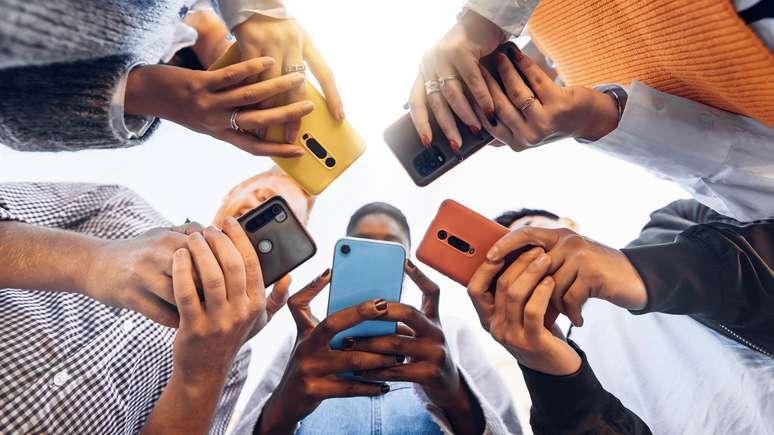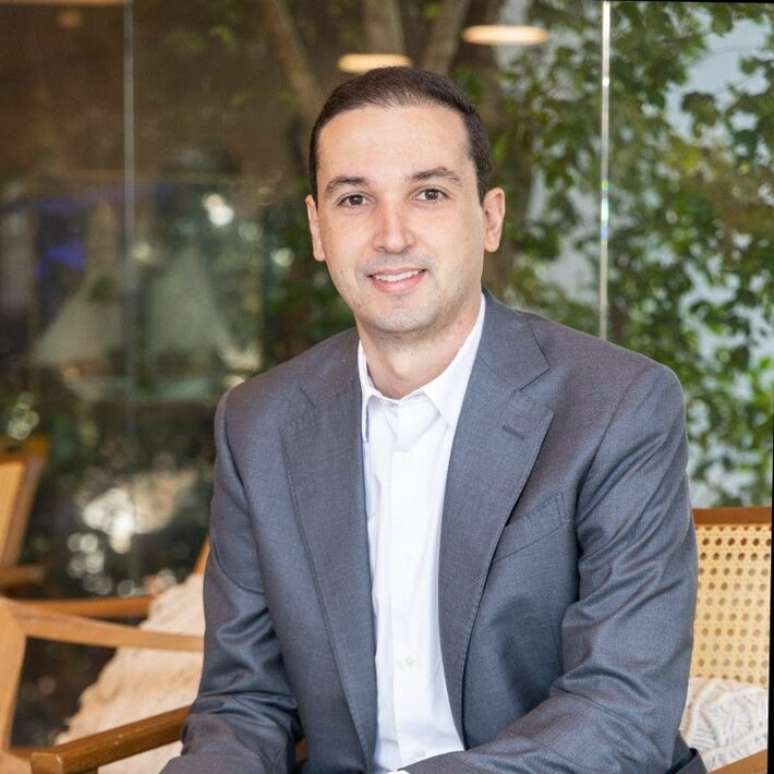In Brazil and around the world, more and more measures have been adopted to increase control over the use of cell phones in schools and companies.
Since the beginning of this year, many private schools and public education networks in the country have restricted their students’ use of cell phones. Some of them do not even allow screens during breaks between classes.
A recent study by the Internet Steering Committee in Brazil shows that nearly 30% of schools here already ban the use of cell phones, 64% limit their use, and only 7% allow their use completely.
The restrictions are in line with recommendations from international organizations that link the use of cell phones in schools to a deterioration in performance, coexistence between students and their mental health.
The challenges of setting limits on technology use among young people are not small. In high school, teens are more likely to question restrictions than elementary school students. And reaching beyond the school walls and trying to reshape usage patterns at home requires hard work on the part of parents.
In fact, before discussing these limits with their children, adults must also review their ability to moderate their use of technology. The emails and WhatsApp messages that never stop arriving make the work day longer and longer.
Some experts discuss the concept of “availability fatigue,” an increasingly common physical and mental fatigue that can undermine mental health and increase the risk of burnout.
It is no surprise that some companies and countries are already incorporating measures to control the exposure of their employees and citizens to the bombardment of virtual messages.
In Australia, for example, a new law called the “right to disconnect” came into force in August this year, granting workers the right to refuse to read emails, messages and calls outside of office hours. France had already adopted similar measures even before the pandemic.
With technology and screens increasingly blurring the lines between our personal and professional lives, it’s important for each of us to realize how much time we’ve spent connected and the impact that this availability has on our lives.
Just as young people initially struggled to adapt to the limitations imposed by schools and, months after the restrictions, noticed an improvement in concentration, attention and relationships with colleagues, companies and their employees must navigate a similar journey.
In fact, a worker who manages to stay disconnected from the company outside of their working hours can obtain important benefits for their mental health and personal life, reduce the risk of burnout, as well as being able to be more assertive and perform better. within the normal working hours of their responsibilities.
And, of course, it becomes much easier to discuss cell phone limits with our children when each of us can be an example of moderation for them.
What about you? Have you managed to limit the impact that technologies are having on your routine?
*Jairo Bouer is a psychiatrist and writes weekly for Terra Você.
Source: Terra
Ben Stock is a lifestyle journalist and author at Gossipify. He writes about topics such as health, wellness, travel, food and home decor. He provides practical advice and inspiration to improve well-being, keeps readers up to date with latest lifestyle news and trends, known for his engaging writing style, in-depth analysis and unique perspectives.









